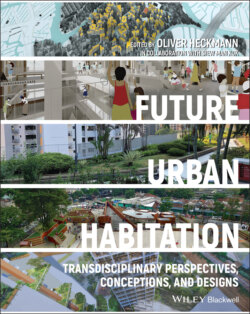Читать книгу Future Urban Habitation - Группа авторов - Страница 28
Community Action to Foster Co‐Responsibility and Social Capital
ОглавлениеThe second line of action concerns innovative community interventions that are deployed by the Barcelona City Council in the area of care and mutual support. It is based on the following theory of change: interventions based on the creation of social capital (Portes 1998; Patulny and Svendsen 2007) and the dynamics of solidarity – not charity – help to make people more resilient to the impact of situations that happen to them and expose them to social exclusion and poverty. This type of intervention prevents social isolation, fosters social cohesion and interdependence – where people can be co‐responsible for caring for each other – and helps to create a feeling of belonging and to diversify resources in order to ensure the sustainability of life and social and health policies (reducing dependence on resources and care services). It helps to make life as dignified as possible for people living in situations of great vulnerability or with a need for care (elderly people or people with disabilities, unemployed people, poor workers, children and adolescents, single‐parent families, migrants, adults and minors who are homeless or in insecure accommodation, victims of violence against women, non‐professional caregivers, etc.). It is important to emphasize that the premeditated activation of these dynamics is considered to be vital for combating loneliness, one of the structural problems that is characteristic of contemporary societies and especially affects elderly people (Mansfield et al. 2019; Yanguas et al. 2019). This challenge cannot be taken on by the administration exclusively, but the latter can facilitate or promote community solutions that help in this direction.
